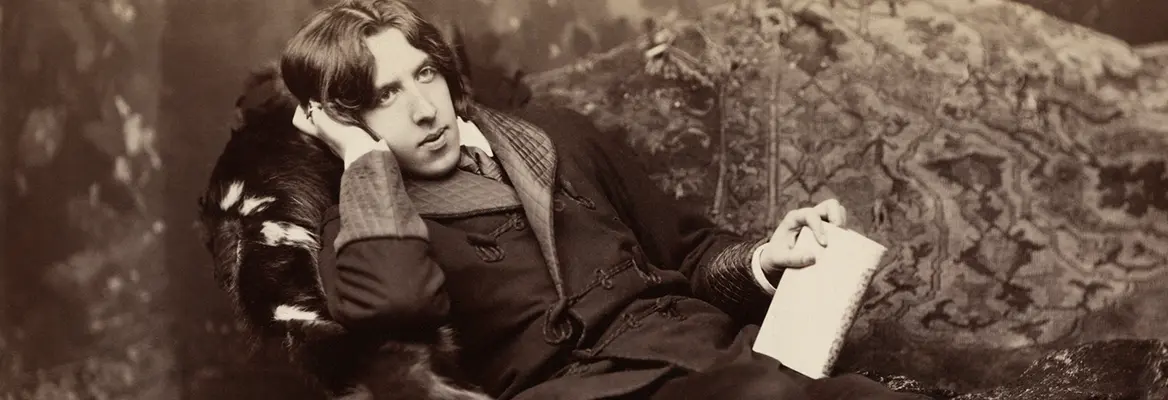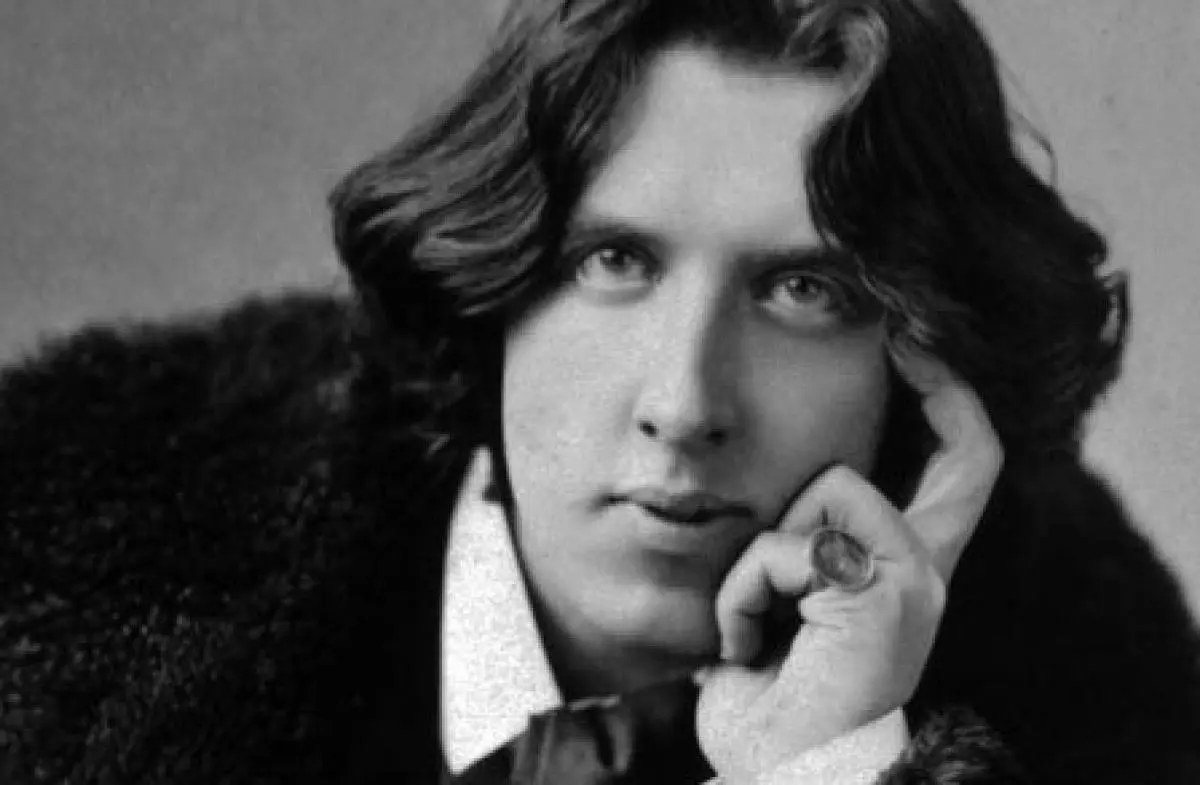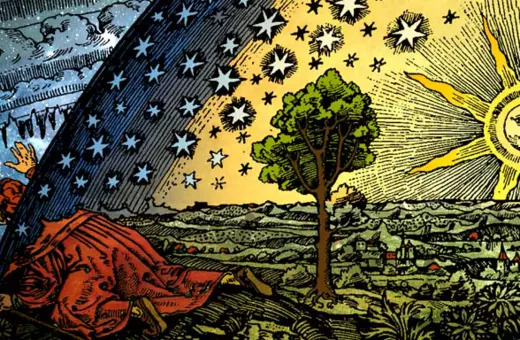Oscar Wilde wasn’t just a master of wit—he was a political radical and philosopher who challenged the logic of state control, moral conformity, and collective utility. Philosopher and award-winning author Mike Benett argues that Wilde’s rejection of utilitarianism aligns him with existentialist and Nietzschean thought, placing individual freedom and artistic defiance at the heart of Wilde's philosophy. In a world that increasingly demands conformity in the name of progress, we need Wilde’s vision of self-expression and creative autonomy as a powerful counterpoint.
Wilde’s Political Relevance in a Time of Rising Collectivism
Oscar Wilde is often remembered for his biting wit, flamboyant persona, and a life marred by scandal. In popular culture, he is frequently reduced to a symbol of artistic excess and decadent frivolity—a gay icon who offered little more than pithy one-liners and caustic social observations. This superficial understanding of Wilde often overlooks the depth of his philosophical and political critique, particularly his rejection of utilitarianism and collectivism.
However, in an era where authoritarianism and collectivist ideologies are making a comeback across the globe, Wilde’s radical politics seem more prescient than ever. His opposition to utilitarian thinking, which prioritizes the greatest good for the greatest number, serves as a timeless critique of political systems that suppress individual freedom in the name of societal conformity. As contemporary governments increasingly justify authoritarian measures for the collective good, Wilde’s rejection of utilitarianism and his vision of a liberated, artistic individual provide crucial insights into the dangers of state control and collectivist ideologies.
SUGGESTED VIEWING Anarchy and democracy With Sophie Scott-Brown
Wilde's Rejection of Utilitarianism: A Challenge to the Logic of the State
At the heart of Wilde’s political philosophy is a fierce rejection of utilitarianism, the dominant moral theory of Victorian society. Utilitarianism, as championed by philosophers like Jeremy Bentham and John Stuart Mill, asserts that the rightness or wrongness of actions is determined by their outcomes, specifically whether they promote the greatest happiness for the greatest number. In this framework, individuals are often reduced to mere cogs in the machinery of society, with their worth determined by their utility.
___
He saw art as a means of self-actualization, a way for individuals to create meaning in a world that often seeks to impose it from the outside.
___
Wilde, however, saw this system as dehumanizing. In The Soul of Man Under Socialism, he critiques utilitarianism not only for its materialism but for its disregard of the individual. For Wilde, true freedom lies in the cultivation of the self, the expression of individuality, and the pursuit of artistic creativity—values that align closely with existentialist ideas of authenticity. Much like Sartre’s rejection of "bad faith," Wilde argued that living according to externally imposed values leads to a diminished existence. He viewed the state as an oppressive force that coerces individuals into conformity, eroding their capacity for self-definition and self-expression.
"The state is a body of death… a thing that kills the spirit of the people."
This quote speaks to the existentialist notion that an individual’s essence is not predetermined but must be actively created. Wilde saw state-imposed morality as an external force that stifles self-realization, much like the existentialist critique of societal norms that force individuals into predefined roles. By rejecting utilitarianism, Wilde aligns himself with a philosophy that prioritizes the flourishing of the individual over the mechanized efficiency of the collective. In modern terms, this could be understood as a critique of political systems that place value on economic or national success while disregarding the rights, freedoms, and creative potential of the individual. SUGGESTED VIEWING The Doubleness of Oscar Wilde With Terry Eagleton























Join the conversation